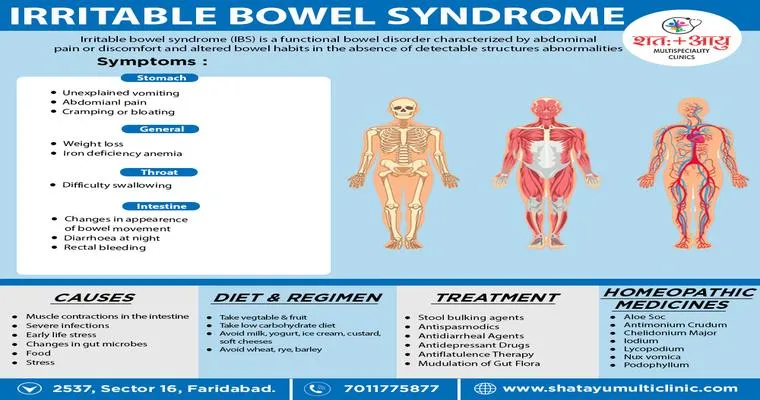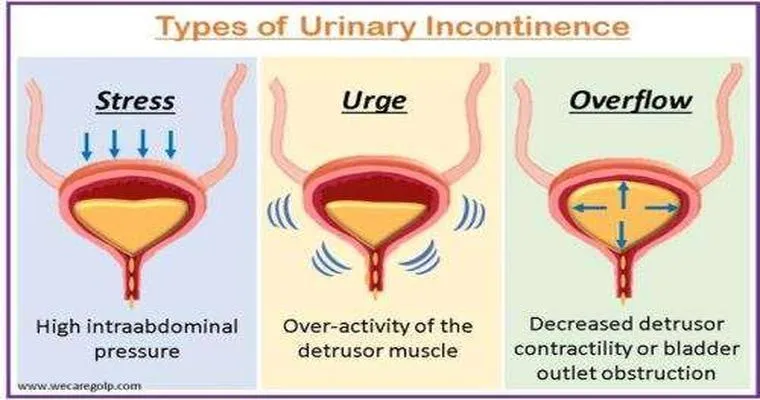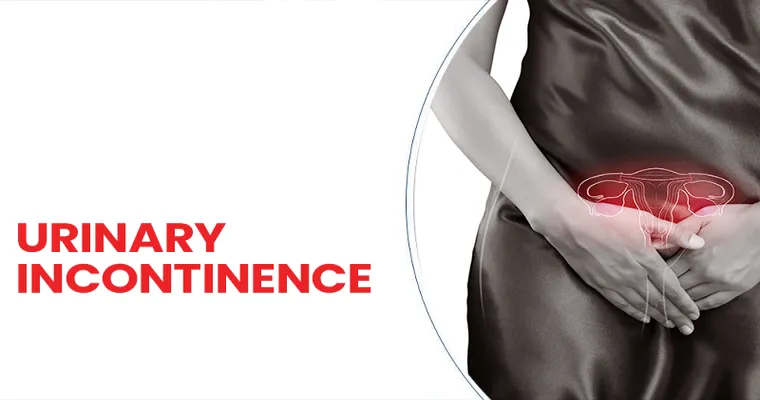BOS, or "Bowel Obsession Syndrome", is a condition that affects many individuals, often leading to significant "anxiety" and "discomfort". People suffering from this syndrome find themselves preoccupied with their bowel movements and gastrointestinal health. This article delves into the symptoms, causes, and potential treatments for BOS, shedding light on an often misunderstood condition.
What is Bowel Obsession Syndrome?
Bowel Obsession Syndrome is characterized by an excessive focus on bowel habits, often accompanied by compulsive behaviors related to gastrointestinal health. Those affected may frequently monitor their bowel movements, engage in excessive research about digestive health, or even avoid social situations due to anxiety about their bowel issues. This preoccupation can impact daily life, leading to significant emotional distress.
Symptoms of BOS
The symptoms of Bowel Obsession Syndrome can vary widely among individuals but commonly include:
1. "Constant Worry": Individuals may experience persistent worries about their digestive health, often fearing they have a serious condition.
2. "Compulsive Behavior": This can manifest as frequent trips to the restroom, excessive dieting, or the overuse of laxatives.
3. "Social Withdrawal": Many individuals may avoid social gatherings or travel due to anxiety about their bowel movements.
4. "Physical Discomfort": Symptoms may also include bloating, cramping, or other gastrointestinal discomforts, which further exacerbate the obsession.
Causes of BOS
The exact causes of Bowel Obsession Syndrome are not well understood. However, several factors may contribute to its development:
"Psychological Factors": Conditions such as "anxiety" disorders or depression can play a significant role, making individuals more susceptible to developing obsessions about their health.
"Previous Health Issues": Individuals who have experienced gastrointestinal diseases or conditions may be more likely to develop BOS due to heightened sensitivity about their bowel health.
"Cultural Influences": Societal pressures regarding body image and health can also exacerbate obsessions related to bowel habits.
Treatment Options
Addressing Bowel Obsession Syndrome often requires a multifaceted approach:
1. "Cognitive Behavioral Therapy (CBT)": CBT is a common and effective treatment for managing obsessive thoughts and compulsive behaviors. It helps individuals reframe their thinking about bowel habits and reduces anxiety.
2. "Medication": In some cases, healthcare providers may prescribe medications, such as "antidepressants" or "anti-anxiety" medications, to help manage symptoms.
3. "Support Groups": Connecting with others who understand the struggles of BOS can provide emotional support and coping strategies.
4. "Mindfulness and Relaxation Techniques": Practices such as meditation, yoga, and deep-breathing exercises can help reduce anxiety related to bowel obsessions.
Conclusion
Bowel Obsession Syndrome is a complex condition that can severely impact an individual's quality of life. By understanding the symptoms, causes, and available treatment options, those affected can take proactive steps towards managing their condition. If you or someone you know is struggling with BOS, seeking professional help is crucial. With the right support and treatment, individuals can regain control over their lives and reduce the impact of bowel obsession on their daily activities.





